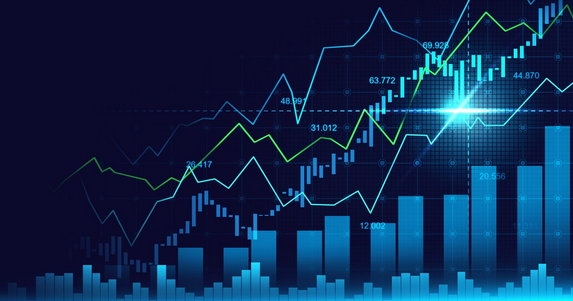If we look historically at how people in Australia have invested their hard-earned savings in many different ways such as; leaving it in the bank, property, gold, shares, futures and art to name a few. The returns with each of these varies wildly as there are so many different factors that come into play.
Moving forwards in time to the new Millennium we have seen people chasing other means to increase their investment wealth including classic cars, classic watches and other jewelry items, fines wine, olive farms, forestry, Bitcoin and other Cryptocurrencies.
Current bank interest rates are at an all-time low; great for homeowners but not so great for investors who have used bank and term deposit interest as their chosen investment strategy. The reality is that the investment growth this way just doesn’t produce the results people need to keep up with inflation, let alone their future needs.

It’s always interesting to step back and ask yourself how the banks and financial institutions make such huge profits when you consider how low interest rates are. Obviously, the banks make money on a range of penalties and overdraft fees, as well as loan application fees. Another major source of profits for the big banks (and other players) is through the Foreign Exchange Market, or FOREX for short.
A Forex Review
What a lot of average people don’t know is that they too can use Forex as an investment strategy. A Forex Review will help you understand how Forex works and how you could add this to your investment portfolio.
- Central Banks are important players in the Forex market as they represent their individual governments around the world and can influence currency rates. The central banks are responsible for fixing the price of their currency on the Forex; or how their currency will trade in an open market. Exchange rates can be fixed, pegged and floating. Central Banks use a variety of strategies to help stabilize inflation, such as interventions to depreciate of appreciate their currency.
- Banks do much of their Forex trading through what is known as the interbank market, where they trade currency with other banks. Much of this trade can be transactions for their customers as well as their own trading desks where they are currency trading in a speculative manner.
- Corporations: Often goods that are imported or exported are bought or sold in a major foreign currency such as the US Dollar, Euro or Chinese Yuan. Because of the length of time from the purchase, shipping and then the actual receipt of goods by the purchaser companies will trade Forex as a way of hedging the risk of currency movement
- Hedge Funds and Investment Managers are the largest Forex players after the Central Banks and Banks. Investment managers may have an international portfolio and therefore have to buy and sell different currencies to trade foreign securities. Speculating in Forex trades can also form part of their investment strategies where they trade in currencies for their key clients such as endowments, foundations and superannuation funds.
- Retail investors (also known as Individual investors) make up a small percentage of the Forex trades when compared to corporations and financial institutions. This is however, a rapidly growing investment strategy where Retail investors base their currency trades on fundamentals (such as inflation rates, parity of interest rates, and expectations of monetary policy) as well as technical factors (such as price patterns, resistance, technical indicators and support).
Business can be shaped with Forex Trading
Movements in foreign currency rates can impact on business globally as they are a key factor in company earnings, balance of payments for each country as well as with inflation rates.
The trading done by major players such as hedge funds, banks, investment managers as well as retain investors is designed to profit from trade between different currencies. This is done buy borrowing a lower-yielding currency that they then sell to buy higher-yielding currencies – known as a Carry Trade.
Obviously, there is a huge amount of risk in Forex trading and any losses on trades can result in a decrease in global equity prices.
Forex is the largest market globally
A reason for this is that all the players in the Forex market, such as banks, corporations, investment managers and retail investors are empowered by the potential of profits from currency fluctuations and how they can impact the global economy.
There are varied reasons for forex trading. Corporations trade in currency for global business reasons and as a way of hedging risk. The Central Banks move the Forex markets through their individual countries’ monetary policy and even currency intervention. Hedge funds, financial institutions, banks and the retail investors are profit-motivated and as such are Speculative traders.
As investors you can benefit from knowing who the various players are in the Forex market and why they trade in currencies for the strategic benefits it can bring.
